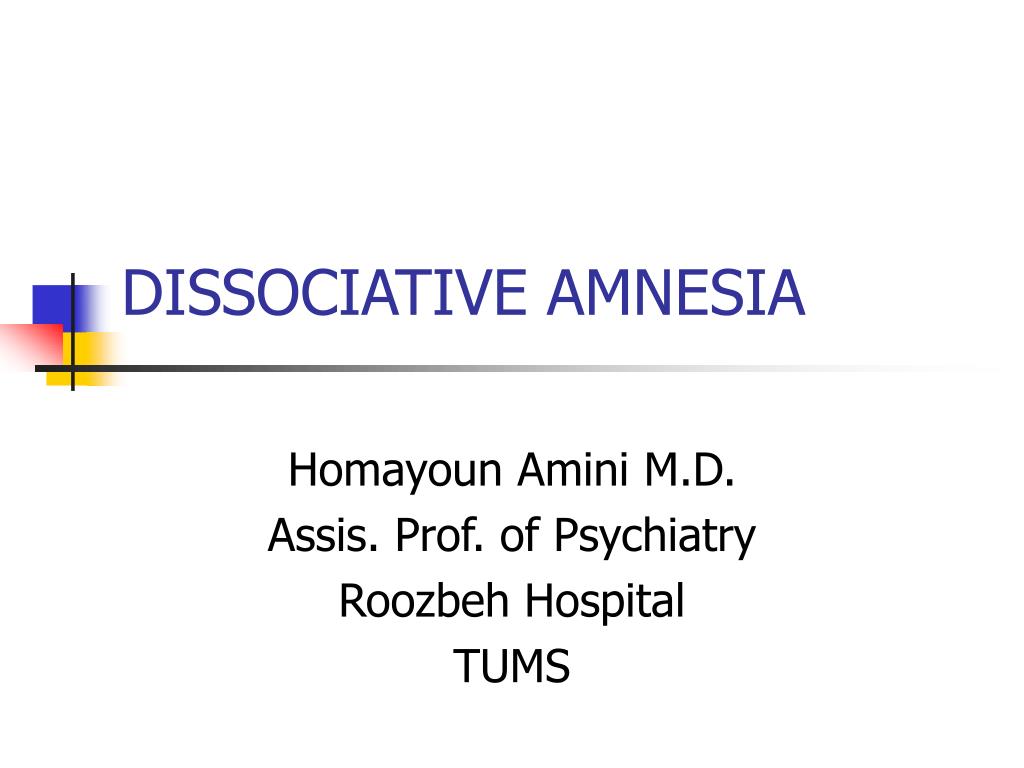

It remains unknown how factual information about the self, also known as personal semantic memory, 14 is affected and to what extent either type of memory difficulty exists among individuals with moderate-severe TBI recruited from consecutive hospital admissions. Some studies suggest that individuals with TBI also perform more poorly than controls at more semantic levels of retrieval (e.g., lifetime periods and general events that represent a group of related episodes, as opposed to a specific day), 4, 13 although this aspect of autobiographical memory has been less extensively investigated.

3 – 7, 11 Episodic memories, specific to a particular place and time, 12 appear to be particularly affected. 10 Autobiographical memory function, therefore, has important implications for psychosocial rehabilitation and reintegration into the community.Ĭommunity studies on retrograde autobiographical memory following severe TBI, conducted at variable stages postinjury, suggest that memories are less detailed than among healthy controls (HCs). 3 – 7 Autobiographical memory is thought to serve several functions, including fostering a sense of continuity in personal identity across time, 8 enabling the application of previously acquired knowledge and experiences to the present, 9 and contributing to social interactions. 2 This is concerning given that in the handful of studies that have specifically examined retrograde autobiographical memory following TBI, there appears to be a deficit across all lifetime periods tested, at least in severe cases. The overwhelming focus on memory following TBI has been on anterograde amnesia, and there has been very little research on retrograde amnesia. These assessments, however, do not consider memory for earlier life events. 1 Clinicians typically assess the extent of retrograde amnesia by asking patients for their “last memory” prior to the injury. Traumatic brain injury (TBI) is known to produce both anterograde amnesia, which affects the learning and retention of new information following the injury, and retrograde amnesia, the loss of memory for events prior to the injury.


 0 kommentar(er)
0 kommentar(er)
